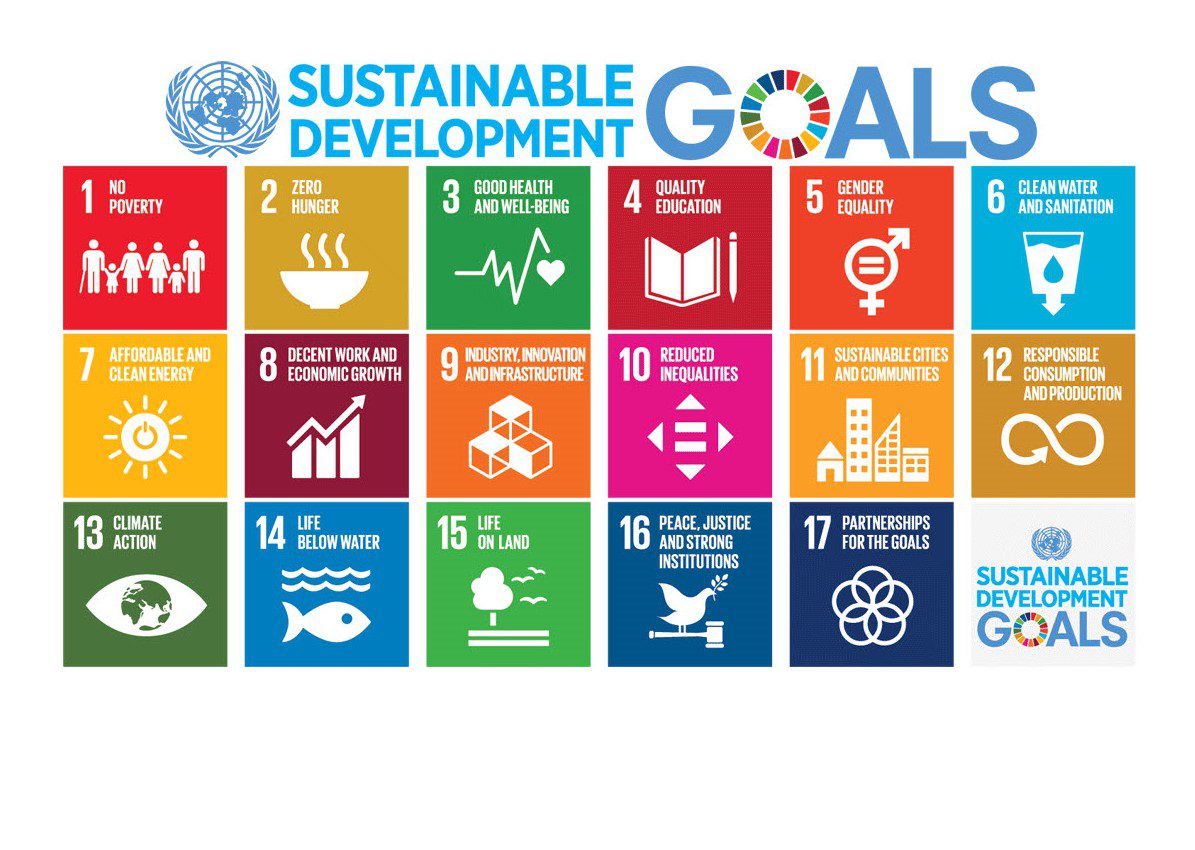Finding Big Impact Investment Opportunities in One Small Country
Climate Tech
The Israeli tech ecosystem is the perfect breeding ground for impact-tech to develop and impact investment to thrive
By Daniela Kandel and Yael Weisz Zilberman
We live in two different worlds. The world we prefer to talk about is driven by a pace of innovation and development never before seen in human history – the technological ecosystem, in particular, has always been at the forefront here, redefining how we live our lives day in and day out. This is a world that is witnessing a true revolution, in which rapid advances in technology and global connectivity elicit results that were previously undreamed of.
Yet, we also live in a world full of poverty, deprivation, and inequality – not to mention the frequent environmental calamities. This is a world that needs our utmost attention, which is why the United Nations has brought this to the forefront of the global agenda by establishing the Sustainable Development Goals (SDGs). The SDGs are a collection of 17 interlinked global goals designed to be, as described by the UN itself, a “blueprint to achieve a better and more sustainable future for all.” Reaching these goals requires funding, which is a challenge as the Joint SDG Fund explains: “World leaders have made ambitious commitments to achieve the SDGs, yet securing enough resources remains a major challenge, with developing countries facing a gap estimated between US$2.5–3 trillion per year.” There are many financial tools being developed, both public and private, to close this gap, and one of these tools is impact investing – investments made with the intention to generate positive, measurable social and environmental impact alongside a financial return. This growing community of impact investors, with guidance from the United Nations, gives us hope that these two disparate worlds can become one.

Profitability for Global Good
In 2015, 192 United Nations member states came together to both define those aforementioned UN Sustainable Development Goals and commit themselves to addressing them in a collaborative effort. While this achievement indeed lays the groundwork for progress, the lion’s share of the task still lies ahead. The SDG targets for 2030 are still far from reach, and as data continues to emerge it has become abundantly clear that now is the time for swift and aggressive action.

Private Sector and Capital Markets Shifting Towards Impact Investing
The private sector has recognized the opportunities for innovation and profit, as well as the need to mitigate the risk from new government policies and regulations, as well as customer preferences. Financial markets have begun to shift, and the data show that global impact investing has reached an estimated $715B, with over 51% of this total representing for-profit asset managers (based on the GIINs most recent report). Growing numbers of businesses and investors are being drawn to the Principles for Responsible Investment (PRI) and are beginning to evaluate their portfolios based on social and environmental impact as well as the omnipresent profit motive.
As recent trends expand and investors’ appetite grows for sustainability and impact investing, considerable resources are being allocated to address these challenges across all for-profit entities, as highlighted by some particularly relevant examples: the Blackrock Global Impact Fund, Temasek on Decarbonization, and TPG’s The Rise Fund with over $5B under management,
In the corporate world we see similar trends, with initiatives such as Amazon’s Climate Pledge Fund of $2 billion, and Walmart’s recent launch of its first $2 Billion Green Bond, just to name a few.
The Opportunity for Tech
Pitchbook’s recently released initial report on the activity of impact investing estimates that in 2020 there was about $286B in assets under management – with around $73B in dry powder and the remaining value of $213B. The quantity of funding allocated to impact Investing or ESG-aligned strategies highlights the growing demand for solutions at the later stages of the development pipeline.
This presents a clear opportunity for VC players to either define themselves as impact investors or to align their work with the SDGs to appeal to a wider set of later-stage investors. The Pitchbook data show that since the year 2017, VC investing has seen a steady incremental increase of 12% in proportion to the total amount of impact capital raised.
Dynamic Israeli Innovation is Ideal for Impact
Israel has a unique and crucial role to play in creating innovative solutions that can rapidly scale up to address these global SDGs. Israeli innovation traditionally leverages both technological expertise as well as a singularly dynamic business culture, entrepreneurial culture, rapid to adapt, and multidisciplinary. This is what allows companies in the “startup nation” to potentially be on the cutting edge of impact-tech. Entrepreneurs and investors alike understand the magnitude of these ever-growing challenges requires a dynamic pace and fearless ingenuity, yet they lack the understanding of just how much Israel has to offer in this space.

Looking more closely at Pitchbook’s data, the resources allocated by impact investors globally relative to the various SDG categories, we observe a noticeable trend toward sectors that are already among the most flourishing in the Israeli landscape:
- Health (16% of overall raised by impact funds since 2017) – 1608 Life Science and HealthTech innovation companies in Israel
- Energy (30%) – 225 Energy technology innovation companies in Israel
- Financial Services (14%) – 501 FinTech innovation companies in Israel
- Education (7%) – 293 EdTech innovation companies in Israel
- Agriculture (7%) – 455 AgriFood-Tech innovation companies in Israel
- Water (6%) – 180 Water technology innovation companies in Israel
Not unlike earlier points in history, Israel once again finds itself at the beating heart of a global crossroads, and there cannot be a better set of circumstances for the Israeli ecosystem to assert itself as the world’s leader in innovation for impact. Impact investors are naturally attracted to the intense speed and high levels of creativity and precision inherent in the Israeli tech culture. These are exactly the advantages that enable Israeli startups to develop innovative solutions to complex challenges – such as those contained in the SDGs.

All of this makes the Israeli tech ecosystem the perfect breeding ground for impact-tech to develop and impact investment to thrive. As more investors are exposed to its immense potential, this tidal wave of interest in Israeli impact-oriented startups will only grow larger.
It is for this reason that Start-Up Nation Central is assisting global players to leverage state-of-the-art Israeli innovation to tackle social and environmental challenges. We do this by mapping all elements of the ecosystem and generating insights, as well as cultivating partnerships with corporations, investors, accelerators, and leading NGOs to implement and scale Israeli solutions on the ground.
Interested in knowing more about Israeli startups working toward the UN Sustainable Development Goals? Keep your eyes on this space for further installments in our new blog series focused on Impact-Tech in Israel. If you are working in this field, contact us here for more information about how Start-Up Nation Central can assist you.
Yael Weisz Zilberman is Start-Up Nation Central’s Partnerships Manager – Sustainability & Impact.
Daniela Kandel is the Senior Advisor for Sustainability and Impact for Start-Up Nation Central.
 Tech Ecosystem
Tech Ecosystem Human Capital
Human Capital Focus Sector
Focus Sector Business Opportunities
Business Opportunities Investment in Israel
Investment in Israel Innovation Diplomacy
Innovation Diplomacy Leadership Circle
Leadership Circle Our Story
Our Story Management Team
Management Team Careers
Careers